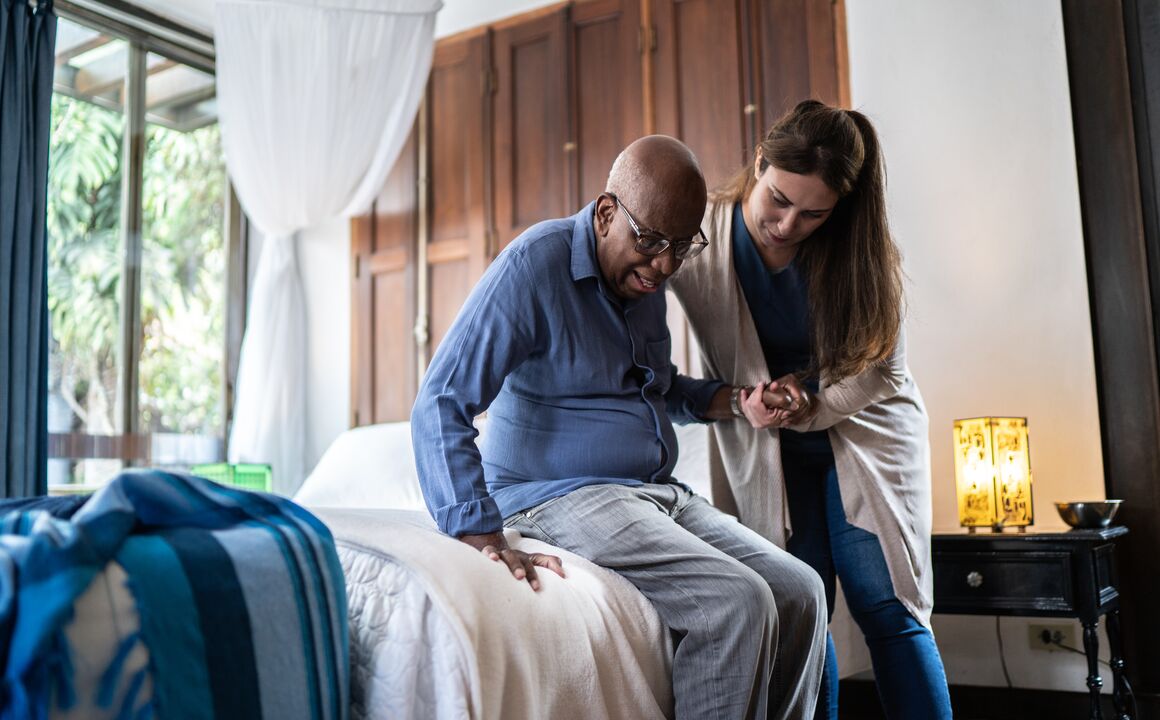At Maximus, we move people forward. For our state and local government team, this means efficiently and effectively connecting people across all 50 states to essential government programs and services. By modernizing programs and enhancing the government customer experience, we help streamline services and engagement. By facilitating access to quality health insurance coverage and assessing individuals with complex needs, we help improve access to care. And by providing workforce development and housing support, we help improve economic stability.
Making an Impact
Behind our innovative work are people from all areas of our organization whose life experiences and perspectives deepen our collective impact.
See the impact of an enhanced government customer experience.

Emergency relief for Texans
We help deliver Texas SNAP replacement benefits within two business days following major disasters. Our person-centered service ensures Texans receive timely support when they need it most.











